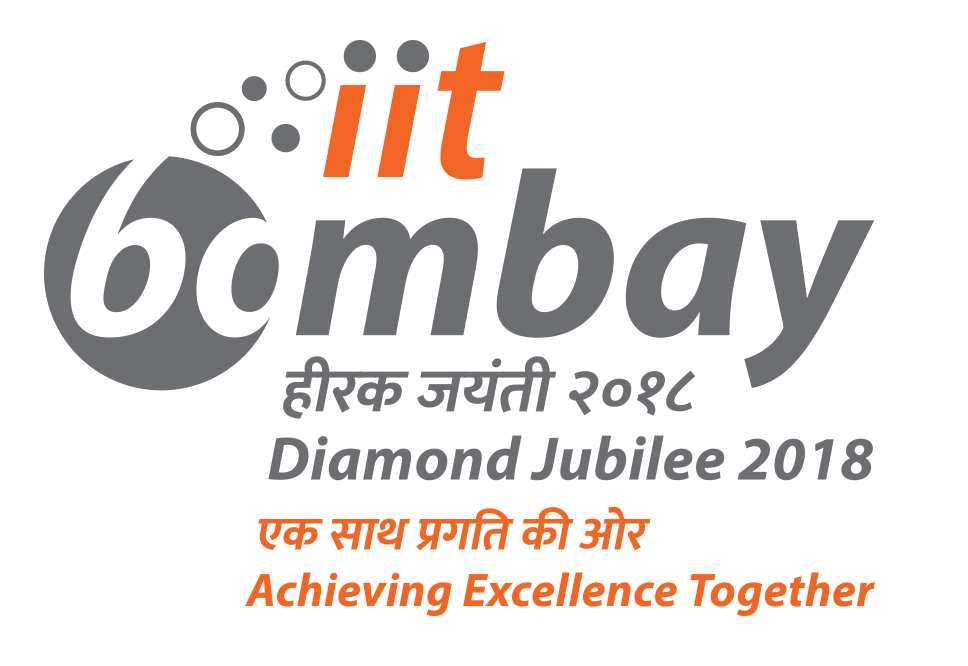Title: Hybrid inorganic/organic semiconductor systems for optoelectronics and photonics
Speaker: Prof. Sylke Blumstengel, Humboldt University, Germany
Abstract: Hybrid inorganic/organic semiconductor systems merging the advantageous properties of their constituents hold promise for optoelectronic and photonic devices with superior functionality. As a simple combination of the two material classes will not significantly exceed the performance of the single constituents, hybrid systems are required that support efficient coupling of opto-electronic excitations across the heterointerface. In this talk I will give an overview on our recent efforts to fabricate such hybrid structures as well as to tailor their electronic and optical properties. The focus is on (Zn,Mg)O as the inorganic component and small conjugated molecules as organic partner. The structures are fabricated by an all-UHV approach. The interplay between the electronic structure and the optical properties is uncovered by a combination of optical and photoelectron spectroscopy. In the talk I will show that by proper alignment of the frontier molecular orbitals with the semiconductor valence and conduction band edges, exciton dissociation at the hybrid interface can be switched off while dipole-dipole mediated exciton transfer with an efficiency of up to 80 % is maintained. Thus, efficient conversion of ZnO Wannier-Mott excitons into highly emissive Frenkel excitons of the organic layer is achieved which is essential for the realization of hybrid light-emitting diodes. On the other hand, when aiming at hybrid photovoltaic cells, efficient exciton dissociation and charge separation at the hybrid interface are a prerequisite. Our studies provide evidence for the formation of intermediate hybrid charge transfer excitations (HCTE) across (Zn,Mg)O/organic interfaces. The impact of the HCTE on photovoltaic parameters like the open circuit voltage and short circuit current is discussed.

